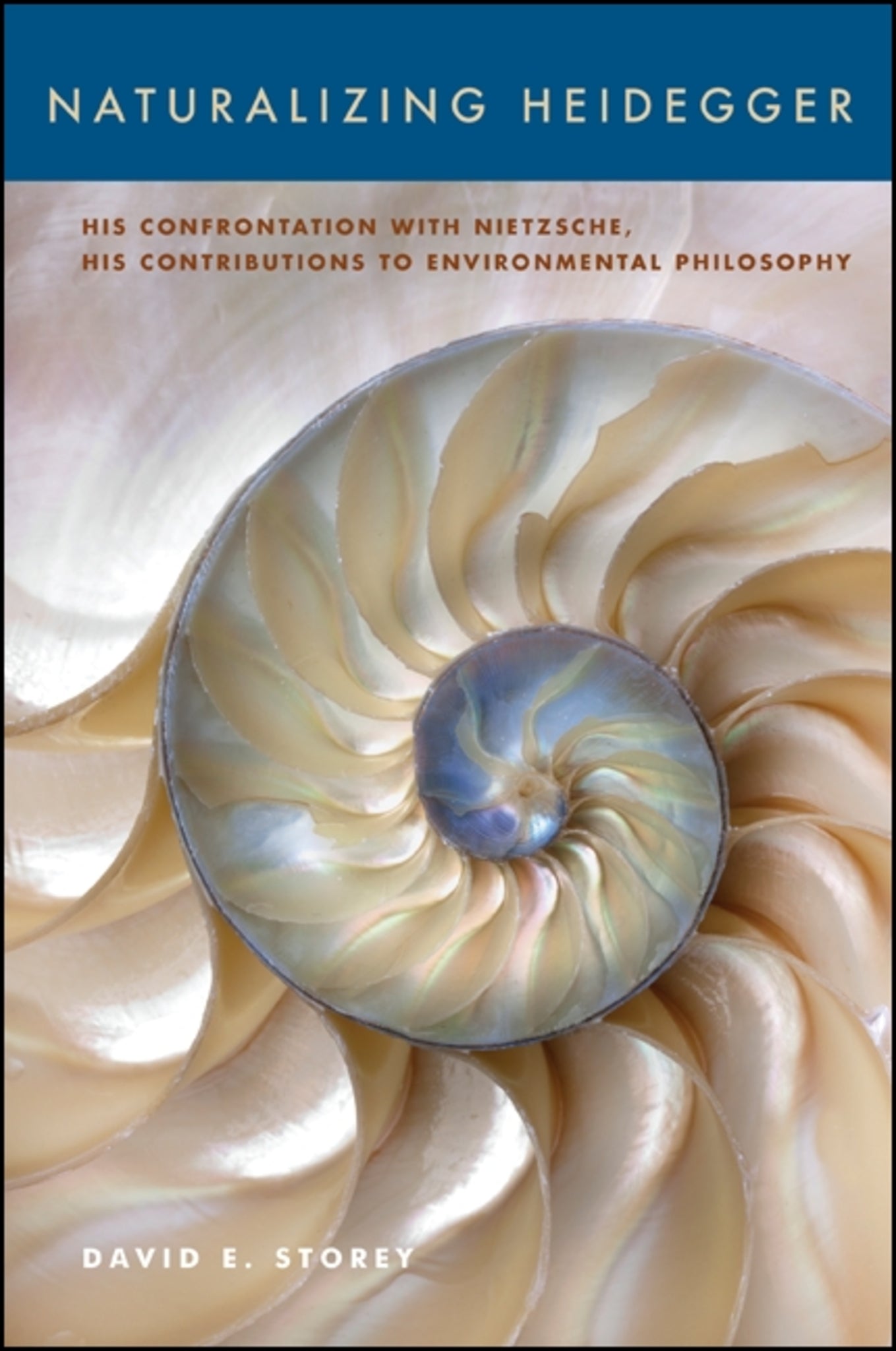We're sorry. An error has occurred
Please cancel or retry.
Naturalizing Heidegger

Some error occured while loading the Quick View. Please close the Quick View and try reloading the page.
Couldn't load pickup availability
- Format:
-
01 March 2015

Explores the evolution of Heidegger's thinking about nature and its relevance for environmental ethics.
In Naturalizing Heidegger, David E. Storey proposes a new interpretation of Heidegger's importance for environmental philosophy, finding in the development of his thought from the early 1920s to his later work in the 1940s the groundwork for a naturalistic ontology of life. Primarily drawing on Heidegger's engagement with Nietzsche, but also on his readings of Aristotle and the biologist Jakob von Uexküll, Storey focuses on his critique of the nihilism at the heart of modernity, and his conception of the intentionality of organisms and their relation to their environments. From these ideas, a vision of nature emerges that recognizes the intrinsic value of all living things and their kinship with one another, and which anticipates later approaches in the philosophy of nature, such as Hans Jonas's phenomenology of life and Evan Thompson's contemporary attempt to naturalize phenomenology.


"…[a] welcome new study of Heidegger and environmental philosophy." — Review of Politics
"…Naturalizing Heidegger is a salutary warning to those who would valorize the later Heidegger and regard the posture of openness as sufficient for establishing an environmental ethic. The highly readable book shows us that our urgent task is to recover a sense of the cosmos, an experience of natural beings charged with intrinsic intelligibility, goodness, and indeed beauty." — Notre Dame Philosophical Reviews
Acknowledgments
Introduction
1. The Traditional Reading of Heidegger’s Relevance for Environmental Philosophy and Ethics
2. The Question concerning Biology: Life, Soul, and Nature in Heidegger’s Early Aristotle Lecture Courses
3. Life and Nature in Being and Time
4. Back to Life: Organism, Animal, and Umwelt in Fundamental Concepts of Metaphysics
5. Nature in the Later Heidegger: Earth, Physis, Technology, Machination, and Poetic Dwelling
6. Nature and Nihilism: Heidegger’s Confrontation with Nietzsche
7. Naturalizing Nietzsche: Life, Evolution, and Value
8. Engaging Environmental Ethics
Notes
Bibliography
Index



